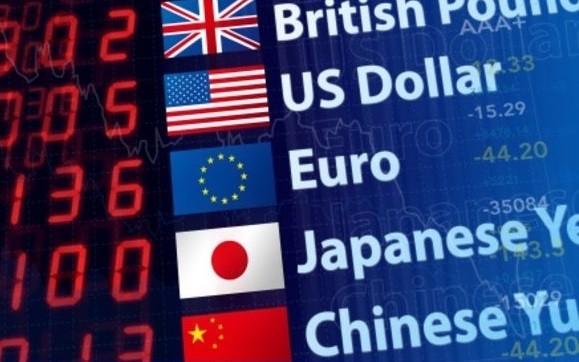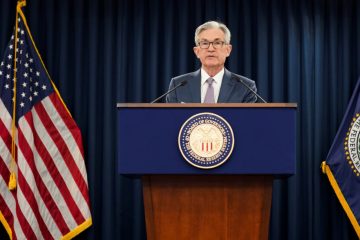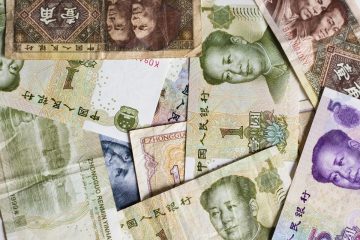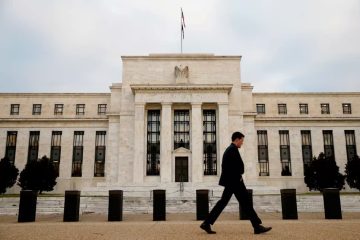Dollar retreats from 13 1/2-year high, pauses after rally

SINGAPORE/TOKYO The dollar took a breather on Tuesday as investors consolidated the gains built on expectations of increased fiscal spending and higher inflation under a Trump administration.
An earthquake of magnitude 7.4 and the subsequent tsunami warning in northern Japan prompted knee-jerk selling of the dollar for safe-haven yen in early trade.
While the earthquake briefly disrupted cooling functions at a nuclear plant, there were no reports of deaths in the hours after the earthquake hit.
Market participants played down the impact of the earthquake, saying the dollar had been due for some long liquidation against the yen after rallying sharply over the past two weeks.
“If you look at the bigger macro-economic picture, it (the earthquake) probably doesn’t have any significant influence,” said Jesper Bargmann, head of trading for Nordea Bank in Singapore.
“We’ve seen a general dollar move after the weekend, where the dollar rally has halted a little bit. We may be seeing some profit-taking,” he added.
The dollar held steady against the yen at 110.76 yen, having pared its losses after slipping to as low as 110.27 yen earlier on Tuesday.
On Monday, the greenback had set a near six-month high of 111.36 yen, which amounted to a gain of 10 percent from its Nov. 9 trough near 101 yen.
Against a basket of six major currencies, the dollar last stood at 100.87, down from its 13 1/2 year-high of 101.48 set on Friday.
Before its streak ended on Monday, the dollar index had risen for 10 straight trading days, as investors bet that increased fiscal spending by the incoming Trump administration would stoke inflation and propel interest rates higher.
An immediate target for the index is seen at 101.80, a 61.8 percent retracement of its seven-year decline from 2001 to 2008.
“There is a narrative that the there will be strong leadership because Republicans took the White House and both houses of Congress. But we have to keep in mind that Trump also divided the nation as well as the Republicans,” said Daisuke Uno, chief strategist at Sumitomo Mitsui Bank.
Trump said on Monday that he will withdraw the United States from the Trans-Pacific Partnership trade deal on his first day in office, dashing hopes that he may soften his protectionist stance on international trade.
While stock markets have cheered Trump’s promises of deregulation and fiscal spending, his protectionism alarms many investors and could eventually hurt the currencies of countries with large trade deficits such as the United States.
The euro held steady at $ 1.0627, having bounced back from Friday’s low of $ 1.0569, its lowest since last December.
The British pound held on to its gains from Monday as the market processed Prime Minister Theresa May’s latest hints on the possible shape of Britain’s exit from the European Union.
May pledged to address concerns that Britain could fall off a “cliff edge” into uncertain trading conditions when it leaves the bloc.
Sterling held steady at $ 1.2488, having climbed 1.2 percent on Monday.









